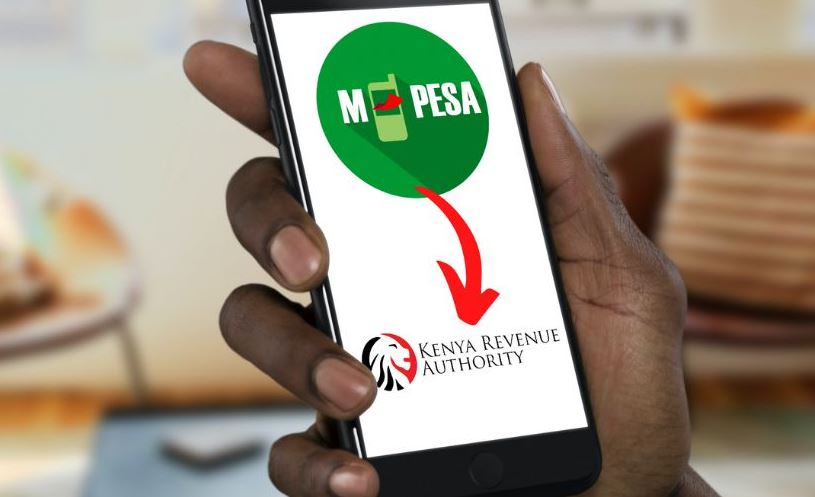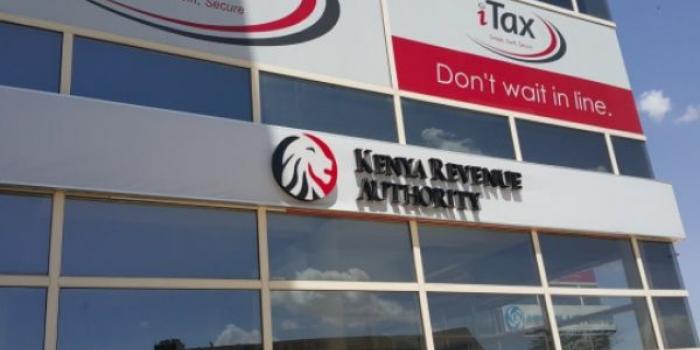- The proposed tax reforms grant KRA unfettered access to citizens’ M-Pesa and bank accounts, enabling comprehensive monitoring of financial transactions
- Critics argue that the proposed tax measures disproportionately affect the middle class and poor, as they face potential increases in excise duties on essential services like money transfers and internet data
- Additionaly, the removal of VAT exemptions on banking services and the introduction of new levies on various goods and services could further strain household budgets and consumer spending
In a bold move aimed at bolstering revenue collection and cracking down on tax evasion, Kenya’s government has proposed significant tax reforms, granting the Kenya Revenue Authority (KRA) unprecedented access to citizens’ M-Pesa and bank accounts.

The proposed measures, outlined in the Finance Bill of 2024, signify a shift towards comprehensive financial surveillance to uncover hidden income and undisclosed transactions.
Under the proposed legislation, the KRA would be exempted from restrictions preventing it from accessing taxpayers’ private data.
This provision would enable the tax authority to compel banks and telecommunication companies to produce detailed statements of customers’ financial activities, including transactions conducted through mobile money platforms like M-Pesa.
Follow our Facebook page for more updates:
The move is part of President William Ruto’s administration’s broader strategy to implement new tax measures aimed at increasing revenue streams and reducing reliance on syndicated loans.
However, critics argue that these measures disproportionately burden the poor and middle class.
The Finance Bill also introduces various other tax changes, including:
Imposing excise duties on telephone and internet data services, potentially increasing the cost of data bundles.
Increasing excise duties on money transfer services, affecting platforms like M-Pesa and Airtel Money.
Follow our Facebook page for more updates:
Introducing excise duties on gambling activities.
Ceasing VAT exemption on banking services, leading to potential increases in bank charges.
Also Read:
1: Meet Edgar Otieno: The Dapper Pencil Hawker Defying Stereotypes on Nairobi’s Kenyatta Avenue
2: Jambojet Celebrates Tenth Anniversary with Incredible KSh 10 Ticket Sale
Introducing taxes on foreign exchange transactions and import declaration fees.
Implementing an eco-levy on electronic goods, potentially raising prices for products like smartphones and television sets.
Removing exemptions for certain goods used in tourism and construction sectors, likely leading to increased costs for hotel investors and consumers alike.
Additionally, the proposed tax reforms include changes to pension deductions, tax refund processing times, and VAT thresholds, aimed at providing relief to certain segments of the population and businesses.
While proponents argue that these reforms are necessary to address revenue shortfalls and stimulate economic growth, critics express concerns about their potential impact on affordability, consumer spending, and economic inequality.
Follow our Facebook page for more updates:
The fate of the Finance Bill of 2024 remains uncertain, with stakeholders expected to engage in robust debate and scrutiny before its potential enactment into law.

